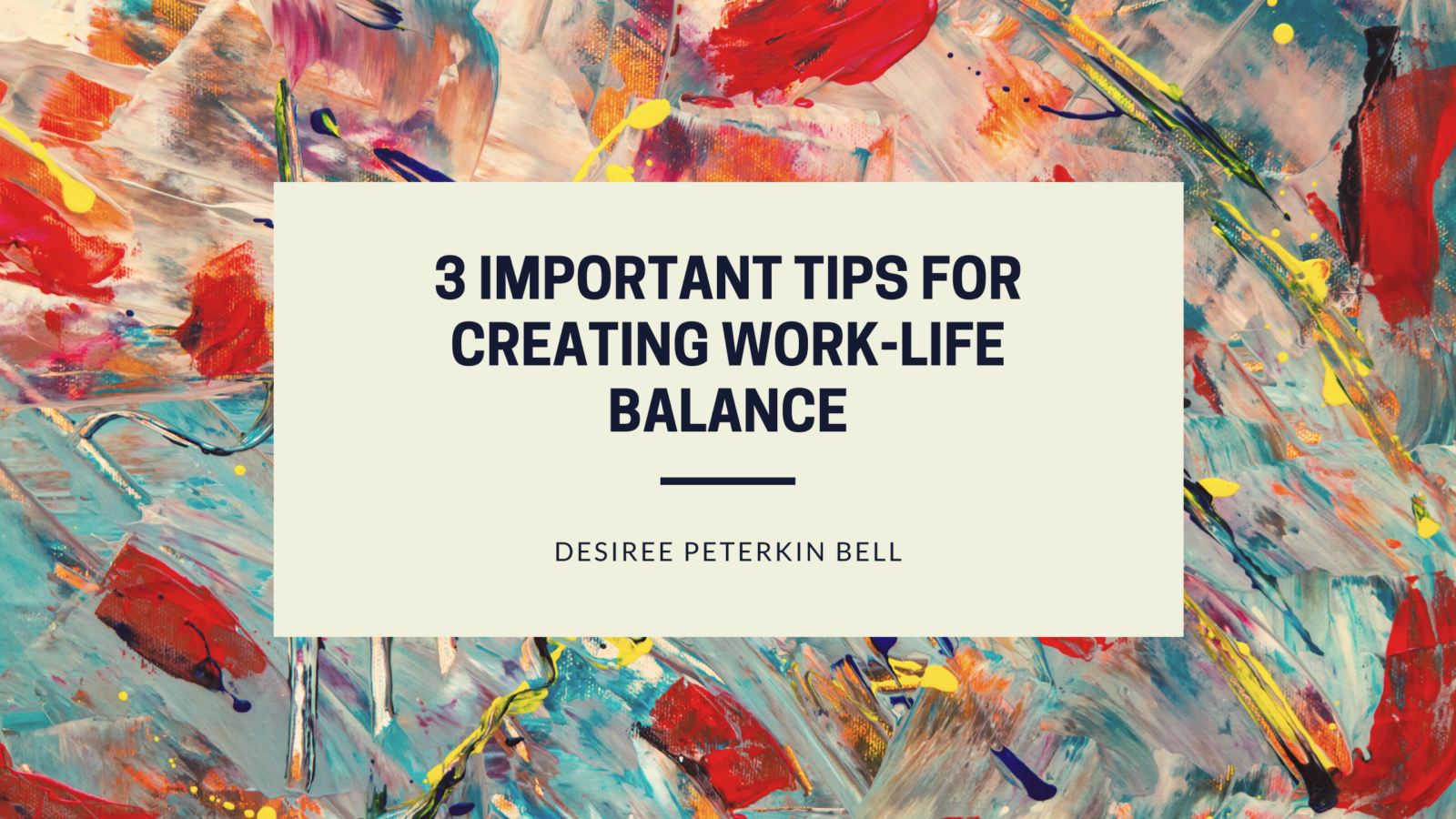If you struggle with issues related to forming a genuine sense of a work-life balance, you are not alone. Indeed, many people face this issue on a weekly or even daily basis. To really form a healthy approach to a solid work-life balance, however, most of us will need to develop an important set of personal and professional skills and leave our comfort zone from time to time.
Coping With Life Changes
Such a process can seem intimidating to cope with at first: Change is never easy after all! But keep in mind that even gradual change is better than no change.
Here are just a few things to consider when drawing a healthy line between your work life and your home life.
1. Understand the Causes of Burnout
Burnout is a common issue in employment sectors ranging from healthcare to social services to business. It occurs when we do not assert healthy boundaries at work; its effects can be devastating. In its worst forms, burnout can manifest itself in alcohol dependence and marital problems.
Developing a healthy approach to boundary issues can stop this condition in its tracks. This is not to say that a person must use confrontation in order to be assertive; in fact, assertiveness works best when conflict is left at the wayside. “I Feel” statements and emotional honesty tend to work best when setting healthy boundaries.
2. Stop Seeking Approval From Others
For many of us, our sense of work-life balance tends to falter when we value the approval of others over the approval of ourselves. Too often, seeking validation from others manifests itself in a refusal to say “no” to the requests of higher-ups and colleagues. When we seek excessive amounts of approval, we become the office doormat.
To wit, we must separate the notion of approval from the notion of respect. Refusing to say “no” to others does not cause them to respect us; it merely causes them to tolerate our presence. This is an unhealthy approach to relationships.
3. Write Down Priorities
If you’re like many people, you feel guilty when a work schedule interferes with family time or personal projects. The trope of the hardworking executive who misses their child’s baseball game isn’t the stuff of Hollywood myth-making; it is more common than we might imagine.
But we will make little progress in life if our priorities are not clear to ourselves. Take a bit of time each week to write down and remind yourself about your biggest priorities in life. This will help you set boundaries in the workplace and feel better about your decisions in the process. Never lose sight of the fact that a better life is possible!


